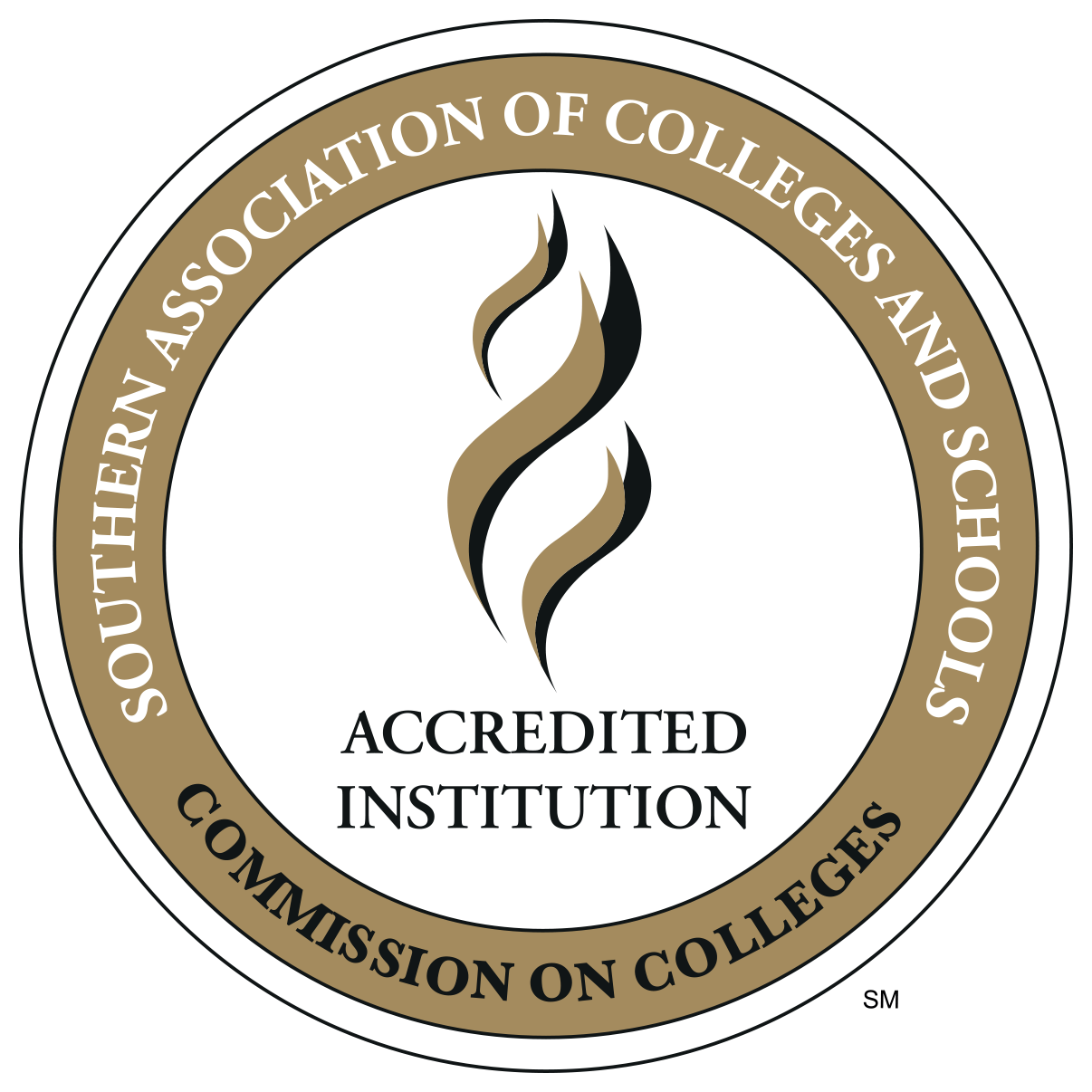COURSE: CERTIFIED CLINICAL MEDICAL ASSISTANT AND CERTIFIED ELECTRONIC HEALTH RECORDS SPECIALIST
Online Medical Assistant and Electronic Health Records Course
Become A Certified Medical Assistant And Health Records Specialist
Clinical medical assistants are among the most valued professionals in the healthcare environment, helping facilitate patient care and managing logistical and documentation. In today’s technology-centered healthcare system, clinical medical assistants need to use Electronic Health Records (EHR) systems as the central information repositories for patient care. This 100% online course will prepare you to sit for the National Healthcareer Association’s (NHA) CCMA (Certified Clinical Medical Assistant) and CEHR (Certified Electronic Health Records) certification exams.
Job Outlook for Clinical Medical Assistant and Electronic Health Records Specialists
Certified Clinical Medical Assistants are among the most in-demand medical professionals. The US Bureau of Labor Statistics (BLS) anticipates the need for 154,900 new medical assistants in the American health care system between now and 2028. This represents job growth over five times the rate expected for all jobs.
Medical Records Technicians are expected to encounter similarly bright employment prospects. According to CareerExplorer.com, job opportunities for medical records technicians are expected to grow by 13.5% between now and 2026.
The NHA envisions a new career dynamic in which medical assistants will need to work increasingly closely with Electronic Health Records due to changes in US government regulations. According to PayScale.com, such highly qualified specialists can expect to earn $49,000 per year on average.
Certified Clinical Medical Assistant FAQs
Electronic Health Records (EHR) act as portable records of a patient’s healthcare experience. According to the NHA, certified medical assistants can enter information into EHR systems. In many cases, medical assistants who take on this responsibility help doctors see and treat patients more efficiently and may help reduce errors in medical procedures and their documentation.
While CCMAs may serve in a variety of roles in the healthcare setting, including office processes, clinical procedures and patient management, Certified Nurses Assistants (CNAs) work full-time with patients and may help with basic care activities such as dressing, bathing, and moving patients while they are under medical care.
While certification requirements vary by location and organization, earning a certification such as the CCMA can help designate a prospective medical assistant as a serious professional. The NHA also notes that many healthcare organizations now require certification for career paths that lead to promotion or emerging roles such as health coach, patient navigator or patient care coordinator.
While a medical assistant works directly with healthcare professionals and patients, the EHR Specialist is focused on the electronic documentation of the patient’s care and condition. EHR Specialist job activities might include:
- Auditing patient records for compliance with government or insurance requirements
- Abstracting clinical information for reporting purposes
- Performing basic coding for reimbursement claims
- Processing Release of Information (ROI) requests for medical records
- Reviewing patient records for completion and accuracy
- Collecting patient information for demographic and insurance reports
- Discussing patient information with physicians and insurance professionals
Because electronic records are held and updated online, EHR Specialist is considered an option for a remote or home-based career. ZipRecruiter.com reports that most employers will require that remote team members have strong, secure internet connections and most will require certification.
Course Objectives
- Gain specialized skills needed to contribute to a healthcare team in an ambulatory setting
- Learn the principles and practices of ethical behavior, therapeutic communication, patient privacy laws, medical terminology, and clinical procedures
- Receive a broad overview of the electronic health records (HER) systems
- Gain hands-on experience using real EHR software
- Summarize the HIPAA Privacy Rule and HIPAA Security Rule
- Explain the information contained in various medical records
- Discuss government and private insurances
- Identify the functions of the major body systems
- Demonstrate how to write a chief complaint and obtain a patient history
- Describe how to measure vital signs
- Discuss the importance of medical and surgical asepsis
- Summarize the basic guidelines for the administration of injections
- Identify the three methods used to perform venipuncture
- Managing patient visits, arranging follow-up care, and issuing prescriptions
- Establish the appropriate EHR for a healthcare practice
- Track of vital information such as patient allergies and medications
- Communicate with patients and report public health information
- Prepare to take and pass the NHA’s CCMA and CEHR exams
Prerequisites and Requirements
There are no prerequisites to take this course. However, you will need a high school diploma or GED in order to take the CCMA and CEHRS exams.
Curriculum
- Introduction to Medical Terminology
- The Musculoskeletal System
- The Cardiovascular System
- The Lymphatic and Immune Systems
- The Respiratory System
- The Digestive System
- The Urinary System
- The Nervous System
- The Special Senses, The Eyes and Ears
- The Integumentary System
- The Endocrine System
- The Reproductive System
- Diagnostic Procedures, Nuclear Medicine, Pharmacology
- Becoming a Medical Assistant
- Managing Stress and Improving Communication
- Law, Ethics, and Healthcare
- Improving your Medical Office
- Computers in the Ambulatory Care Setting
- Telecommunications and Patient Scheduling
- Enhancing the Patient Experience
- Managing Medical Records
- Written Communication
- Working with Medical Documents
- Medical Billing and Coding: An Overview
- Daily Financial Practices
- The Administrative Medical Assistant as Office Manager
- Major Body Systems
- Pathophysiology
- Pharmacology
- Nutrition and Special Diets
- The Chief Complaint and Patient History
- Recording Vital Signs
- The Physical Examination
- Specialty Exams and Procedures
- Medical Asepsis and Infection Control
- Surgical Asepsis and Sterilization Techniques
- Surgical Instruments
- Assisting with Minor Office Surgeries
- Introduction to The Medical Laboratory
- Basic Microbiology
- Introduction to Phlebotomy
- Basic Hematology
- Electrocardiogram
- Administering Noninjectable Medications
- Basic Guidelines for Administration Of Injections
- Diagnostic Imaging
- Rehabilitation and Treatment Modalities
- First Aid Techniques
- Emergencies in The Medical Office
- An Overview of EHR And CEHRS
- Steps To EHR Implementation
- The EHR Framework
- HIPAA Requirements And EHR Systems
- The EHR And Record Content
- Patient Visit Management
- Problem, Medication, And Allergy Lists
- Examination/Assessment Notes, Graphics, And Charts
- Treatment Plans, Orders, And Results
- Medication Orders and Administration
- Patient Communications
- Coding, Billing, And Practice Reports
- Research, Registries, And Reportable Events
- Personal Health Records and Continuing Care Records
Instructors
Nancy Smith has over 30 years of experience in the healthcare industry. EHR clinical experience includes working as a medical assistant for a network of rural health clinics, and as a medical coder, insurance claims specialist, and medical records auditor. She worked as a medical office manager for ten years, where she recruited and trained all medical assistants. Nancy holds a bachelor’s degree in vocational education and has developed and taught medical assistant programs.
Jennifer Della’Zanna has more than 20 years of experience in the healthcare industry, having worked as a medical transcriptionist, practice administrator, biller, and coding specialist. She writes courses and study guides on the use of technology in health care and regularly contributes to publications about health issues. Della’Zanna is a member of the American Academy of Professional Coders and the Association for Healthcare Documentation Integrity. She holds a Bachelor of Arts from Albright College.
Rachael Delekta is an MBA in Healthcare Administration and Certified Electronic Health Records Specialist. Rachael has been in the health care field for over ten years. She has worked mostly on the insurance side of things, as a customer service manager for dental insurance, a claims and customer service coach, and a workers’ compensation case management biller and auditor. She works daily with medical records and healthcare software.
Carline Dalgleish has worked in medical office administration for over 30 years. She holds a bachelor’s degree in Business Information Systems, a master’s degree in Leadership, and a post-baccalaureate certificate in Health Information Management. She is a Registered Health Information Administrator and an AHIMA Approved ICD-10-CM/PCS Trainer. Dalgleish is the author of an ICD-10 coding system and also owns EHR own consulting firm, AnnGrant Educational Services.
Sharon L. Blackford, MA, BA, RMA, has over 30 years of experience in the medical field. She has a master’s degree in Organizational Management, a bachelor’s degree in Business Management, and has served as a Registered Medical Assistant since 1994. Sharon was an active duty Clinical Specialist in the U.S. Army for 10 years. Sharon later moved to the Gulf Coast to accept a position as the Director of Education of Blue Cliff College and was promoted to Campus Director.
Registration and Enrollment
This course is 100% online. Start anytime.

